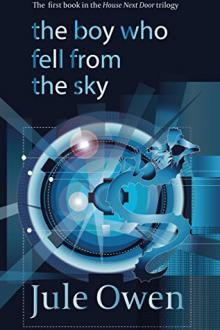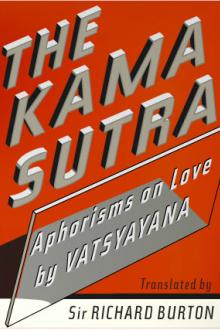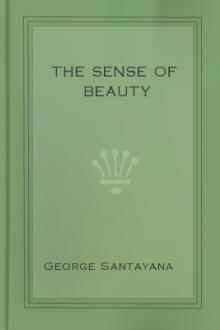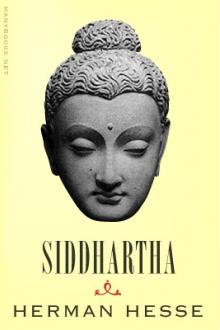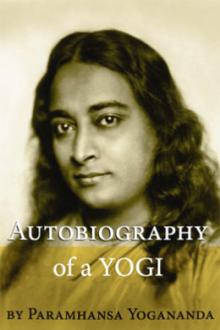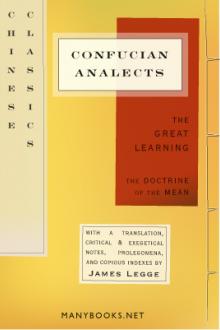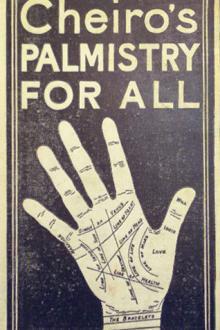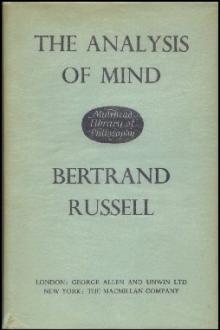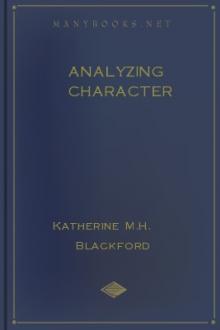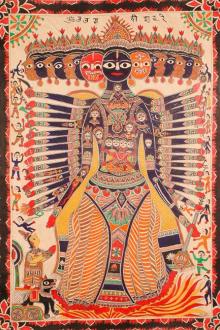Ten Great Religions
Ten Great Religions
An Essay in Comparative Theology
Book Excerpt
n had become necessary in order to
counteract the fatal consequences of these debased and debasing
superstitions. This is the view of the great natural religions of the
world which was taken by such writers as Leland, Whitby, and Warburton in
the last century. Even liberal thinkers, like James Foster[3] and John
Locke,[4] declare that, at the coming of Christ, mankind had fallen into
utter darkness, and that vice and superstition filled the world. Infidel
no less than Christian writers took the same disparaging view of natural
religions. They considered them, in their source, the work of fraud; in
their essence, corrupt superstitions; in their doctrines, wholly false; in
their moral tendency, absolutely injurious; and in their result,
degenerating more and more into greater evil.
A few writers, like Cudworth and the Platonists, endeavored to put in a good word for the Greek philosophers, but the religions of the world were abandoned to unmitigated reprobation. The account which so candid a writer as Moshei
Editor's choice
(view all)Popular books in Philosophy
Readers reviews
2.0
LoginSign up
This work is not rationalistic or analytical. If you would understand, you should look elsewhere.
Like a preacher, not a scholar of conseequence.
Like a preacher, not a scholar of conseequence.
- Upvote (0)
- Downvote (0)
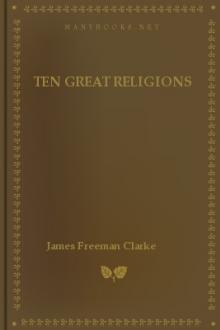
 Free Download
Free Download